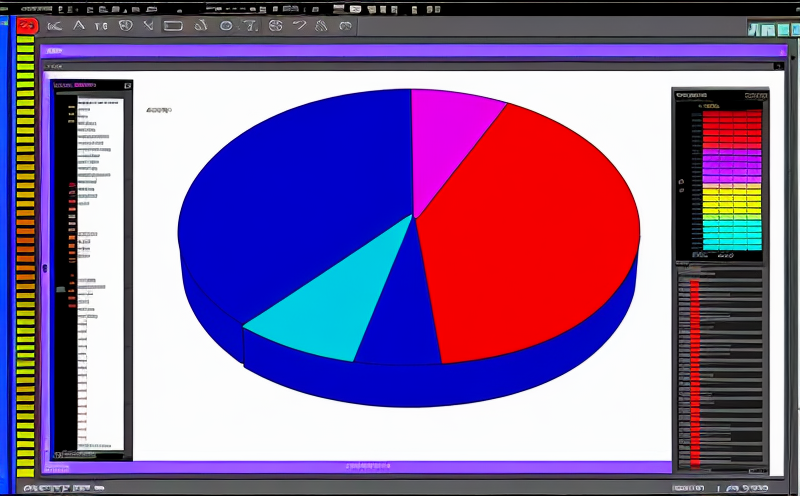ISO 178 Flexural Property Testing under Thermal Load
The ISO 178 method is widely recognized and used in engineering materials testing. This service provides detailed flexural property evaluation of materials subjected to thermal load conditions, a critical aspect in industries where material behavior at elevated temperatures plays a significant role.
Understanding the thermal flexibility of polymers or composites under defined conditions can prevent structural failures due to temperature-induced stresses. This test is essential for sectors such as automotive, aerospace, and construction, where materials need to maintain their integrity across varying environmental conditions.
The test involves subjecting a specimen to a bending load while maintaining it at a specified elevated temperature. The flexural properties are evaluated by measuring the deflection of the specimen under load and determining the point at which permanent deformation occurs. This data is crucial for predicting long-term performance in real-world applications, ensuring that materials can withstand expected conditions without failure.
In this specific ISO 178 service, we employ state-of-the-art thermal analysis equipment to ensure accurate and reliable results. Our team of experts carefully prepares the specimens according to international standards, ensuring consistency and reproducibility across all tests. The test apparatus is capable of maintaining precise temperature control and applying controlled loads, providing a comprehensive evaluation of material behavior.
The results from this testing are used by quality managers and compliance officers to ensure that materials meet regulatory requirements. R&D engineers use the data for new product development, while procurement teams rely on it to select suppliers who can provide reliable materials under thermal stress conditions.
Scope and Methodology
The scope of this ISO 178 flexural property testing under thermal load service is tailored specifically for the evaluation of materials' mechanical properties when subjected to a combination of bending and temperature. This involves determining the modulus, strength, and ductility of the material at elevated temperatures.
| Test Specimens | Standardized according to ISO 178, typically notched specimens. |
| Elevated Temperature Range | From room temperature up to 250°C or higher as required. |
| Bending Load Application | Uniformly applied bending load per ISO standards. |
| Data Collection | Continuous monitoring of deflection and load. |
| Failure Criteria | Determination based on permanent deformation or fracture. |
The methodology involves several critical steps. Specimens are prepared according to ISO 178 guidelines, ensuring uniformity in dimensions and surface finish. The specimens are then placed into a thermal chamber where the temperature is stabilized at the desired level for a specified duration. Once the specimen reaches the target temperature, it undergoes bending load testing while continuously monitored. This ensures accurate data collection on material behavior under these conditions.
The results obtained from this test provide valuable insights into how materials perform in real-world scenarios, helping to identify potential issues early in product development and ensuring compliance with international standards.
Quality and Reliability Assurance
Our commitment to quality is reflected in the rigorous processes we follow for every ISO 178 flexural property testing under thermal load. From specimen preparation to data analysis, each step adheres strictly to international standards such as ASTM D6272 or ISO 178.
Specimen preparation involves meticulous attention to detail, ensuring that all specimens are uniform and free from defects. This process is critical in obtaining accurate results. Once prepared, the specimens undergo a series of checks before being placed into the thermal chamber.
The thermal chamber maintains precise temperature control, with sensors monitoring temperature fluctuations down to ±0.1°C. The bending load application is calibrated to ensure uniformity and repeatability. Data collection is continuous, utilizing advanced sensor technology that provides real-time feedback on specimen behavior under load.
Our team of experts analyzes the collected data using specialized software that compares results against predefined acceptance criteria. Any deviations from these criteria are flagged for further investigation. This ensures that only compliant materials pass our rigorous testing process.
Customer Impact and Satisfaction
- Enhanced product reliability through accurate material evaluation under thermal stress conditions.
- Avoidance of costly failures in real-world applications, saving time and resources for development cycles.
- Meeting regulatory requirements with confidence, ensuring compliance without the need for additional testing.
- Improved supplier selection process, leading to better material quality and performance.
- Accurate data for research and development, driving innovation and product improvement.
- Enhanced reputation among clients, partners, and stakeholders through consistent high-quality results.
- Avoidance of potential risks in design and manufacturing processes by identifying weak points early.
The impact of this testing goes beyond the immediate benefits to the customer. By ensuring that materials perform reliably under thermal stress conditions, we contribute to safer products and more sustainable engineering solutions.





